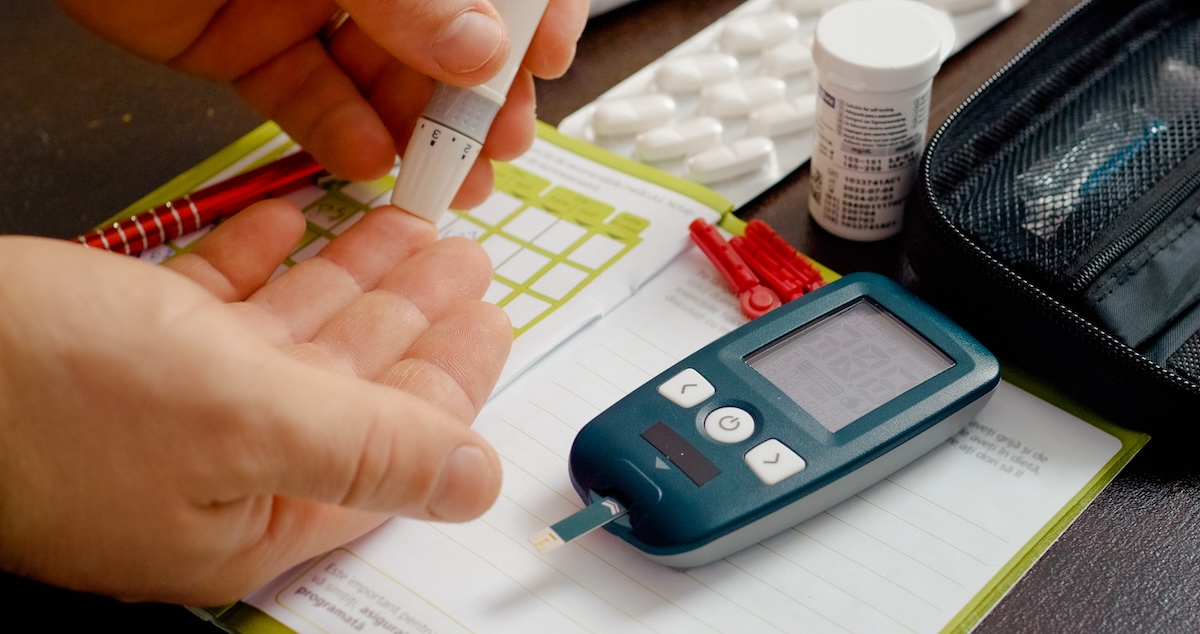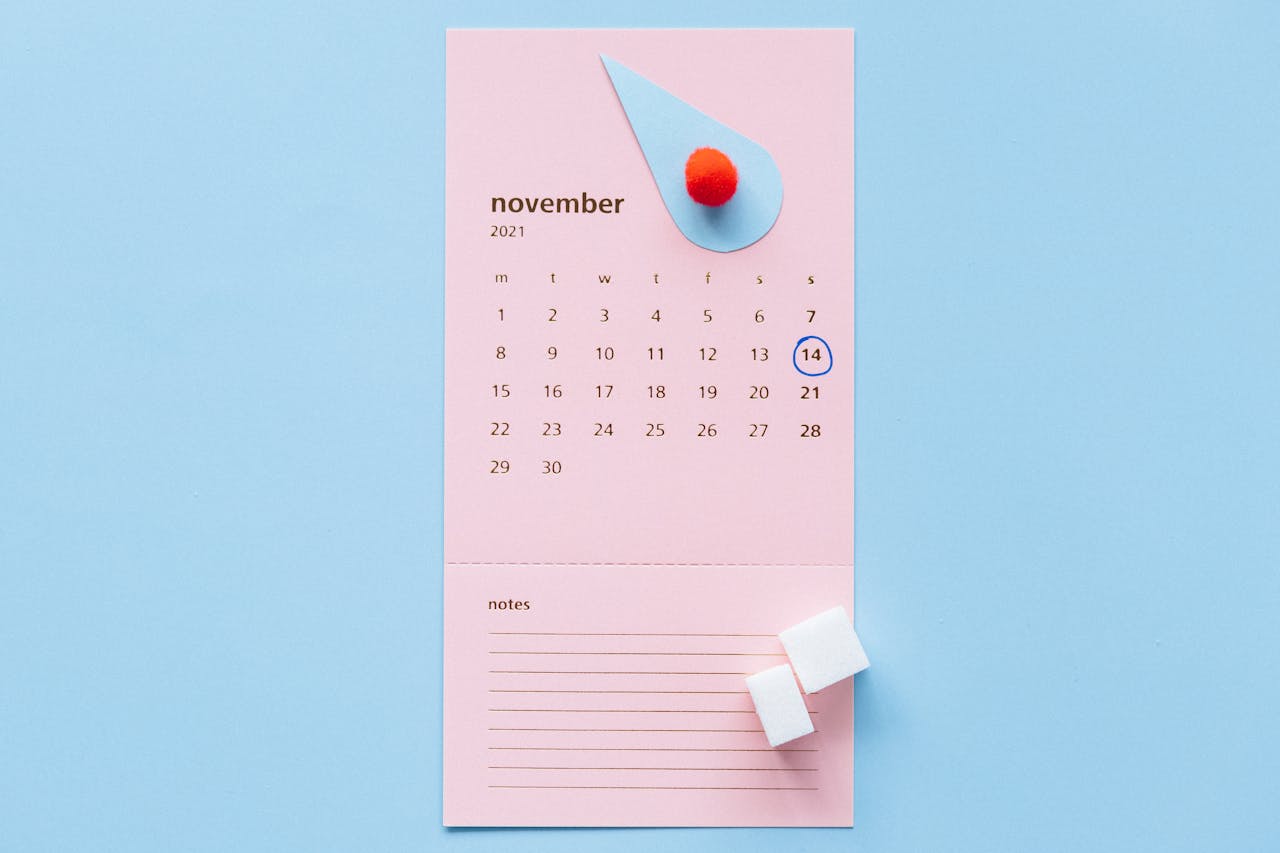During cold and flu season, many people reach for high-dose vitamin C — but if you use a blood glucose meter or continuous glucose monitor (CGM), it’s important to know that large doses of vitamin C can interfere with your glucose readings.
Vitamin C (ascorbic acid) is a reducing agent, meaning it can donate electrons during chemical reactions. Many glucose testing methods rely on electro-chemical sensors that detect blood sugar content through oxidation — so if large amounts of vitamin C are present in the blood, it can create an extra electrical signal. The monitor may confuse the vitamin C signal with a blood sugar signal, leading to a falsely high reading.
In some devices, though, the opposite can occur — the reading may appear falsely low.

Which Meters Are Affected by Vitamin C?
The American Diabetes Association confirms that vitamin C can interfere with and cause false glucose readings when using a glucose oxidase–based or glucose dehydrogenase–based meter.
- Freestyle Libre sensors (Libre 1, Libre 2, and Libre 3) are affected — readings may look higher than reality when taking >500 mg of vitamin C daily.
- Dexcom G6 and G7 sensors are not significantly affected by vitamin C, according to manufacturer data and clinical validation.
- Most glucometers (such as iHealth, Accu-Chek, Contour Next, OneTouch) use enzymatic systems less sensitive to vitamin C, but some glucose oxidase models may still show falsely elevated readings if vitamin C intake exceeds ~1,000 mg/day.
📊 How Much Can It Affect Readings?
- Freestyle Libre: Vitamin C doses >500 mg/day can falsely elevate readings by up to 20–40 mg/dL, depending on blood concentration.
- Certain fingerstick meters (glucose oxidase–based): Errors of 10–30 mg/dL have been reported in older models or when vitamin C levels are >100 µmol/L (equivalent to high-dose supplementation).
- Dexcom G6/G7 and most modern meters: Minimal or no clinically relevant interference.

🩸 Why This Matters
If you’re trying to fine-tune your glucose management, especially when using insulin or adjusting medication based on readings, a 20–40 mg/dL difference can matter. It may cause:
- Unnecessary insulin dose adjustments
- Not properly treating true low glucose because the meter is reading it as high
- Confusion about why glucose appears “high” despite consistent habits
This is particularly important for people using Libre CGMs, since the device may display falsely high glucose when vitamin C levels are elevated from supplements, multivitamins, or over-the-counter cold remedies such as Emergen-C® or Airborne®.

🌤 Safer Alternatives During Cold & Flu Season
You can still support your immune system — just do it in ways that don’t disrupt your glucose data.
Try these options instead of high-dose vitamin C:
- Get your vitamin C from food instead (citrus fruits, bell peppers, broccoli) — food sources don’t reach the same high blood concentrations that interfere with sensors.
- Take Zinc (8–11 mg daily) and vitamin D (800–2,000 IU daily, if levels are low) have strong immune support evidence.
- Rest, drink water, and eat balanced meals with colorful produce — these support your immune system without affecting sensor accuracy. Check out our article Cold, Flu, and the Winter Spike: What Works (and What Doesn’t) for more helpful information.
Takeaways
Vitamin C in normal dietary amounts or typical multivitamin doses (less than 250 mg per day) is safe to use with all glucose monitors. However, taking high-dose supplements of more than 500 mg per day can cause falsely elevated readings on the Freestyle Libre and may also affect some older glucose oxidase–based meters.
If you’re sick and taking more than 500mg vitamin C from Emergen-C, Airborne, or other vitamin-C supplements, let your dietitian and doctor know. They can tell you if the meter that you’re using will show false results when you take vitamin C or not. Avoid changing your medication doses based only on glucose readings that could be influenced by those supplements.



